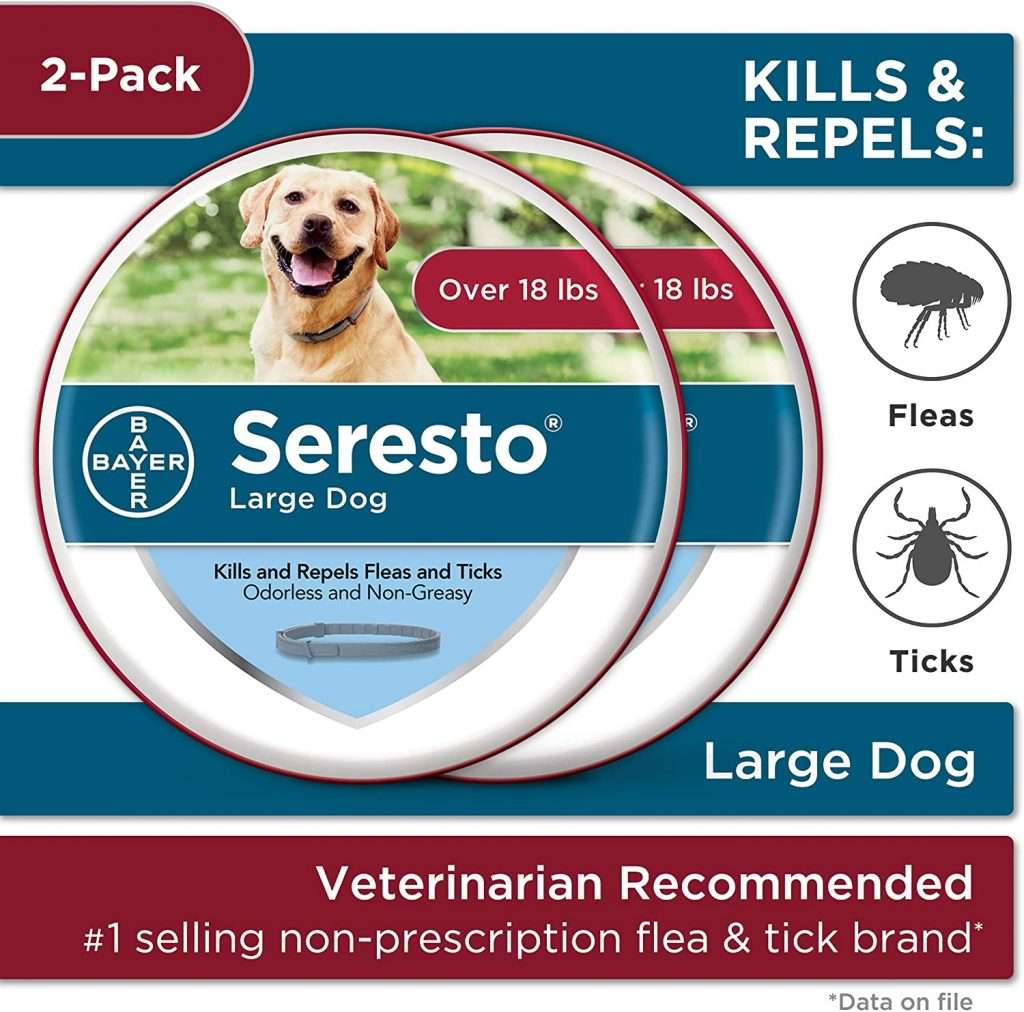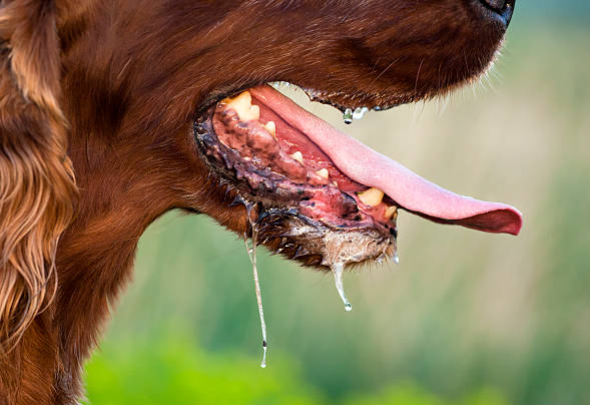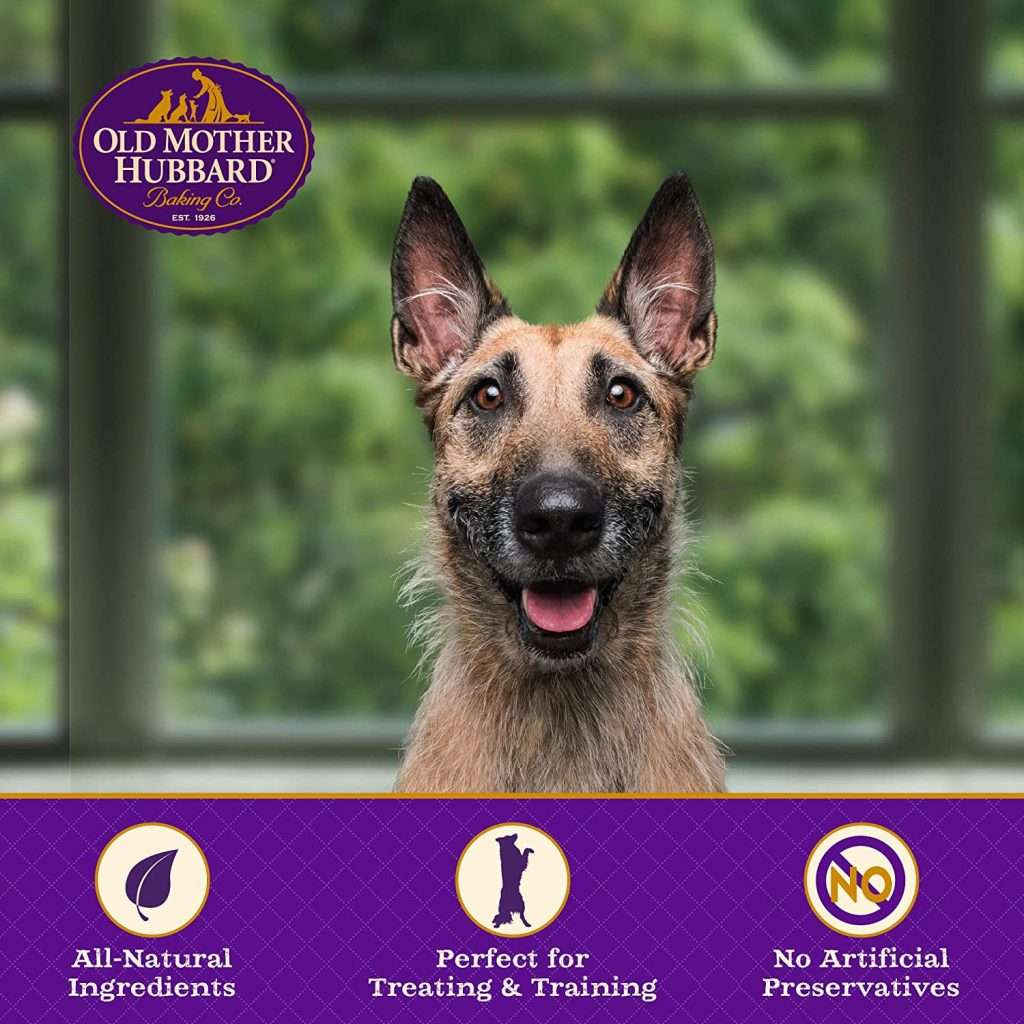One of the most common behaviors in dogs is panting. This behavior is nothing new, especially as this mainly acts as a way for your dog to cool down, especially after they have come from their daily walks or it is quite hot like during the summer.
Dog owners are all too familiar that these doggies do not exactly sweat as humans do. While they do sweat, they don’t do this as visibly as humans, these doggies have fewer sweat glands to help cool their bodies. Instead, they do this mainly through their paw pads. At times, you may even notice panting a bit to further hasten the cooling process.
However, if you notice that your dog is panting heavily than usual and is even becoming restless, chances are there’s more than what meets the eye. If you think that their panting and restless behavior is concerning, here are some reasons behind this.
Normal Panting and Breathing Behavior in Dogs
Before anything else, it is essential to point out that, as mentioned, panting is normal behavior observed within dogs. These are more common when your doggie is excited, are energetic, when they are excited, or when they have just come from doing strenuous exercises.
What’s more, panting and fast breathing can also be used by your pup to cool themselves down and regulate their body temperature. Panting and increased breathing can help their bodies move toward a more normal temperature that they are comfortable with.
In line with this, their normal breathing range should be anywhere from 15 to 35 breaths per minute while they are at rest. This can go up higher when they are exercising, walking, running, or doing other exercise-related activities. Given this, their breaths should not exceed 40 breaths per minute.
Get to Know the Different Reasons Why Dogs Pant
There are various reasons why your precious pooch may be heavily and abnormally panting. As a matter of fact, this particular symptom or behavior may be indicative of something more serious. Learn more about what these potential causes and health reasons are and know how these relate to your dog’s panting.
- Heart Failure
No matter how much we deny it or prevent it, our beloved dogs can also suffer and experience heart failure the same way we do. When this happens, they usually exhibit similar symptoms that show this, including coughing, heavy breathing, lessened exercise tolerance, and overall weakness. Of course, panting is yet another indication of heart failure as this moves dogs to help compensate for the lack of oxygen existing in their body.
The heart plays a vital role in providing oxygen to the whole body. When the heart fails to function properly and as expected, your dog’s heart can suffer in return and may lead them to exhibit these aforementioned tell-tale signs.
- Respiratory Disorder
On top of heart conditions and diseases, having a respiratory disorder may also be a contributing factor as to why your dog may be panting more than usual. Similar to getting oxygen into the bloodstream, a respiratory disease makes it harder for your poor pup’s body to get the oxygen it needs.
Respiratory conditions, such as laryngeal paralysis and tracheal collapse, are more prevalent in older or senior dogs, so be sure to watch out for these. Apart from labored breathing and coughing, panting usually accompanies these signs.
- Heatstroke
While dogs do have the capacity to sweat, they exhibit in other ways. While they do excrete sweat mainly through their paws, they do get a bit warm as they cannot easily dissipate heat. This is why you may notice them panting as well as having their tongues and gums turn bright red. At times, you may even notice them drooling.
Having a heatstroke is definitely harmful and even deadly to your dog, especially when their temperature fails to be controlled and when it reaches a higher level.
To prevent your pup having a heatstroke, make sure to keep them cool and comfortable at all times. This means keeping them in the shade and lessening their heat exposure. At the same time, be sure to constantly give them water.
- Poisoning
Another aspect that may come into play in your dog’s panting is when they have ingested something toxic or poisonous. Panting may be an indication that your dog is suffering from an allergic reaction or is being poisoned.
Keep all harmful food away, such as chocolates, grapes or raisins, and the like, as well as toxic household products like medications and cleaners away.
- Pain and Injury
It pains us to see and know that our dogs are hurting or suffering. Usually, they are even good at pretending they are not in a state of discomfort. However, when they have reached a certain threshold, chances are they’ll show signs that they are in pain, including panting.
Besides panting, your pup may also show signs of restlessness, whining, labored breathing, as well as constant licking or biting at the site of injury. They may also have less of an appetite.
- Fear and Anxiety
Last but certainly not least is experiencing fear and anxiety. Dogs may pant to show that they are experiencing stress, fear, and even anxiety. There may be triggering sights and events that can lead them to pant, such as loud, surprising sounds like fireworks or even having their owners leave them every so often.
In addition to panting, there are dogs that start to pace the room and move restlessly when they become anxious. This may be because they are either feeling agitated about the environment or situation they may be in or they want to find a space they can escape.
Your dog can also exhibit symptoms of whining, trembling, barking, as well as loss of bladder control in more serious cases. Part of showing or dealing with their anxiety and separation from their owners is to become clingier and more protective of their owners.
- Medication
Older dogs as well as pups that are being treated for certain conditions may also be subject to panting and restlessness. On top of having to deal with their condition, such as arthritis, and having to find a comfortable position to rest, their medication may also inadvertently lead them to pant.
Medications such as prednisone and the like may cause heavy panting as well. To know the effects of these types of medication, be sure to talk to your dog’s vet.
- Due to Fun and Excitement
Panting in dogs do not just point to negative attributes and happenings. At times, heavy panting can also be caused by their high levels of energy and to reflect their fun and playful mood. You may normally observe this when playing with your dog at home or when they’re with other pooches in the park.
One of the main differences that you may observe when panting in these situations occur is that your dog wags its tail in a happy manner. At the same time, you can find their face in a smiling or eager disposition.
Restlessness in Dogs
While panting may be a common behavior in dogs, restlessness in dogs is not. This type of behavior, especially when out of the ordinary or from your usual interactions and observations of your pup, may indicate something deeper.
Similar to panting, restlessness may also be indicative of your dog’s pain or discomfort. This can also point towards their fears and anxiety issues or your dog growing older.
In their younger years, dogs are as energetic, responsive, and as sharp as ever. As they grow older, however, their cognitive functions can decline over time. This leads them to feel confused or disoriented even while they remain in the same surroundings. Senior or older dogs may exhibit this and you may find them pacing the room or walking restlessly around your home.
When your dog is restless, you may find them being unable to lie still or stay comfortable at a certain position for long periods of time. Moreover, you might notice your pup pacing the room or the space that they are in, getting up or down every so often, constantly readjusting their position, and the like. On top of these signs, restlessness can also take sleep, rest, and comfort away from your dog.
What to Do When Your Dog is Panting and Restless
If you believe that your dog is panting heavily and is restless, it’s imperative that you seek a veterinarian’s advice right away. This way, you know what treatment or action to take. They are, after all, professionals who play a huge role in ensuring the safety and wellbeing of your beloved pooch.
In times when a veterinarian is not available right away or immediate action is necessary, such as in heatstroke, you can turn to quick fixes. These include pulling your dog away from the sun and into a shaded area, as well as having a cooling mechanism to help them bring their temperature to normal. A fan or an air conditioning unit can be of help. Hosing them down with cool water can also work in a pinch. To rehydrate them, having your pup drink water is also a quick fix for the situation.
Your dog’s behavior can vary depending on the situation. They may need to have blood work, x-rays, and other medical check-ups to determine what causes their panting and restlessness. To rule out what causes this, calling your trusted vet is still the way to go.
Observing your dog’s behavior is crucial as this can spell the difference between life and death. When you find something wrong with them and if their condition is already concerning, do not hesitate to call your vet.
Tips to Prevent Panting and Restlessness
There are different ways to treat panting and restless behaviors in your pup, especially when you start them young. Positive reinforcement is the way to go about this so that they will not only foster positive habits and attributes, but also find themselves in a loving, caring, and comfortable home. Of course, being patient is key to helping your pup overcome their challenges.
If their issue stems from anxiety, stress, and fears, especially after being left alone for long periods, you may want to get to the root of the problem. For example, if they are triggered by loud noises, such as thunder, banging of doors, or even fireworks, you can try providing them with comforting pressure akin to swaddling them. You can also turn to supplements that help ease these, but be sure to consult with your vet first.
Your dog may also be struggling with separation anxiety. This is, after all, one of the leading causes of restlessness and panting in dogs. You can try easing them by talking to them in a calm voice or doing without the theatrics, especially when you’re leaving or returning. You can also make this enjoyable by leaving them with activities they can do by themselves throughout the day, such as playing with their toys.
Giving your pooch ample exercise and attention can also help them burn off excess energy and will keep them from panting and being restless while inside the home.
The Takeaway
Your dog’s welfare is of utmost importance. By learning what their panting and restlessness means, you now have a more solid grasp of what to look out for and what to do in case these incidents happen to them.









